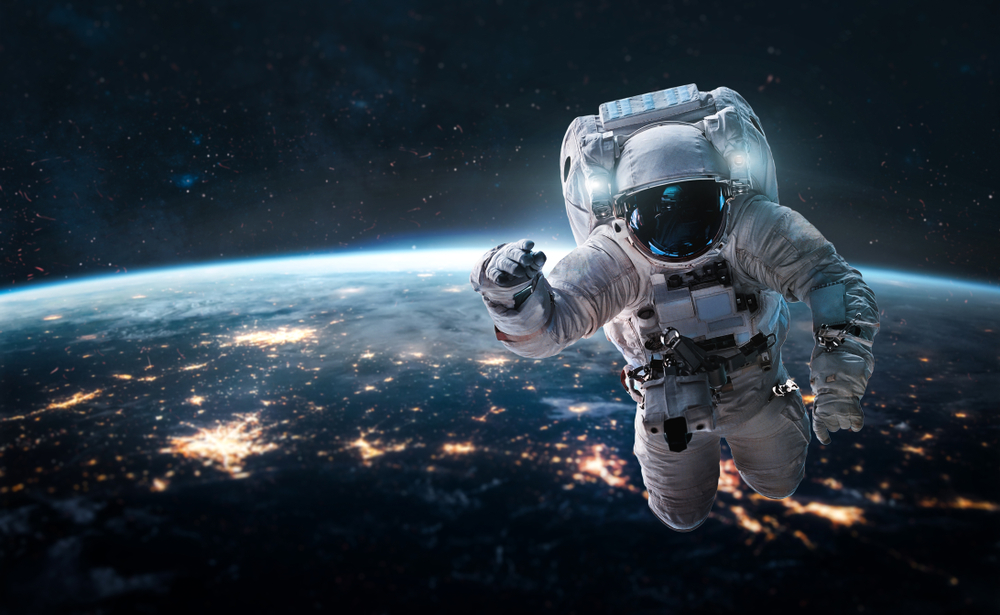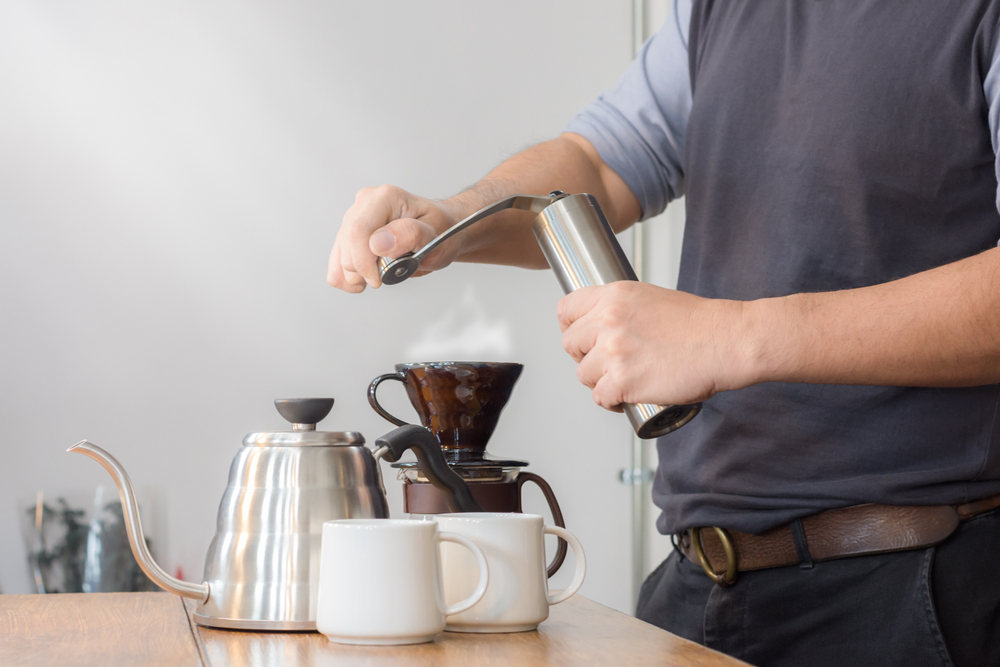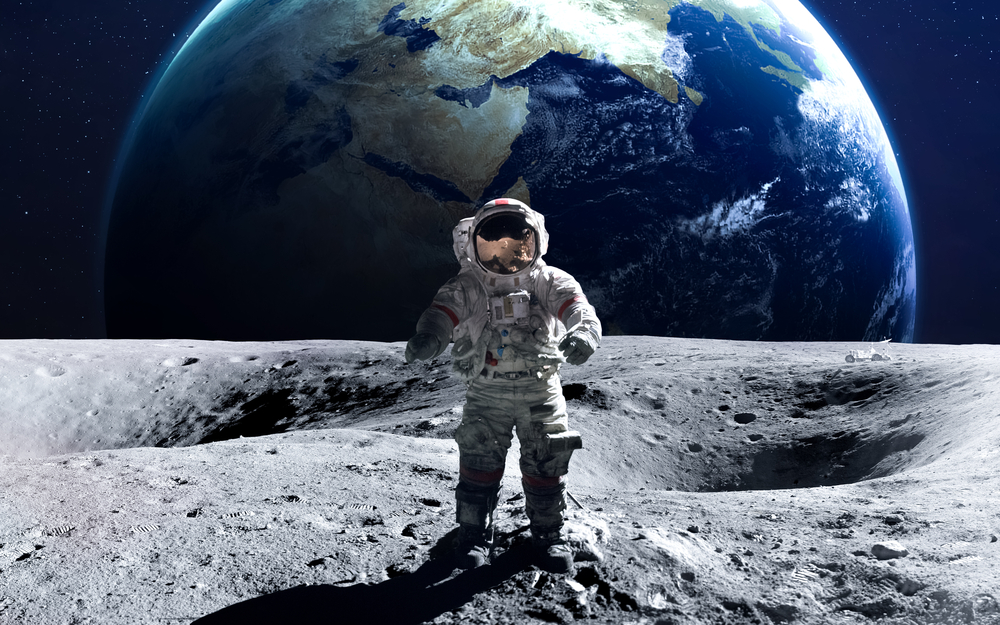Outer space is so vast most people can hardly imagine it. The isolation and confinement experienced by astronauts as they live in the vacuum of space is also something that only they can describe. However, Earthbound humans also frequently suffer from isolation and confinement — especially as we deal with the COVID-19 pandemic — no less acute than that felt by our astronauts.
What science reveals
Science reveals that long periods of isolation and confinement present a very high risk for humans, no matter where they are. Living in close quarters, far away from everything we know, confined with others in an environment where no possibility of help or rescue exists should something go wrong, defies most of human evolution. However, astronauts exemplify how humanity can deal with loneliness, confinement, and isolation. What they’ve learned coping with it benefits us all.
Learning to cope
The COVID-19 pandemic has forced many of us into our homes, either by ourselves or with a limited number of friends and family. Astronauts, though, have been dealing with this same circumstance for decades and they’re stepping up and providing us with a variety of useful coping mechanisms, including:
- Making exercise an important part of your day.
- Valuing time we spend in nature, even if it’s just experiencing it virtually or in an artificial environment.
- Looking for purpose in everything we do, no matter how trivial it may seem.
- Carving out some time for a little fun and some laughter.
- Understanding that relationships take work, even if they “only” consist of online relationships. So:
- No matter their type — whether virtual or in real life (IRL) — it’s vital to invest time and effort in any social relationships we may have, especially as we fight COVID-19.
Structure and routine
Wallowing in a sea of self-pity or just bouncing aimlessly through your day isn’t conducive to good mental and physical health during prolonged isolation. More than one astronaut has warned about the dangers of self-pity.
If you find yourself dealing with extended isolation, ensure a little structure and routine in your daily life. Value each of the moments you spend going through your daily routines as well. Plus, monitor your personal health and wellbeing during your isolation, and be on the lookout for signs of deterioration in your relationships with others.
Take a holistic approach
If you’re confronting isolation and confinement, take a holistic or “whole body” approach to your coping strategies, starting with self-care. Watch yourself by being honest with yourself and identifying early any signs of possible trouble with your behavior, health, and performance.
Several practical measures exist regarding self-care, and they’re all easy to learn about and then undertake. They include:
- Be mindful of where you are and what you’re doing and spend a little time meditating on things.
- Astronauts have also found yoga and Tai Chi not only relaxing and calming but also physically beneficial.
- Keeping a journal can also help you identify possible sources of stress.
- Monotony is a danger to anyone experiencing isolation. Beat monotony by learning a new skill or undertaking an intellectual or artistic endeavor.
- If you find yourself isolated in a small group, learn a few conflict resolution techniques because you’re bound to get on each others’ nerves eventually.
Leverage tech
The 21st century is the digital millennium, and plenty of digital tools exist that can help us maintain social connections with those far away and equally isolated. However, as with conversations in real life, always set up rules and boundaries for virtual discussions, even with close family members.
Accept the challenge
Isolation and confinement are no doubt challenging for anyone, including experienced astronauts. Suppose we accept that we’re isolated and confined and come up with techniques for handling it? In that case, we also may be able to make it just a bit easier to overcome these challenges.







